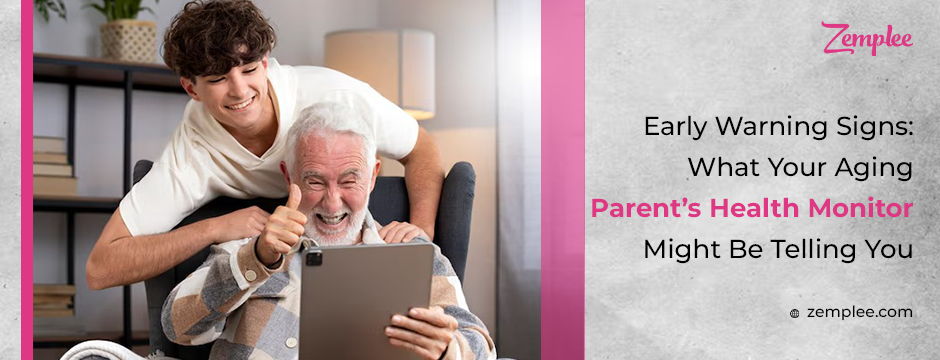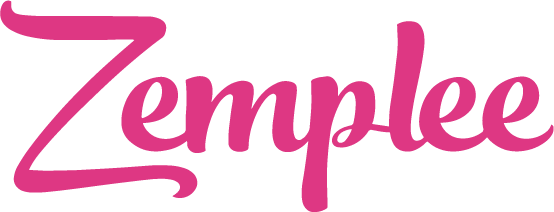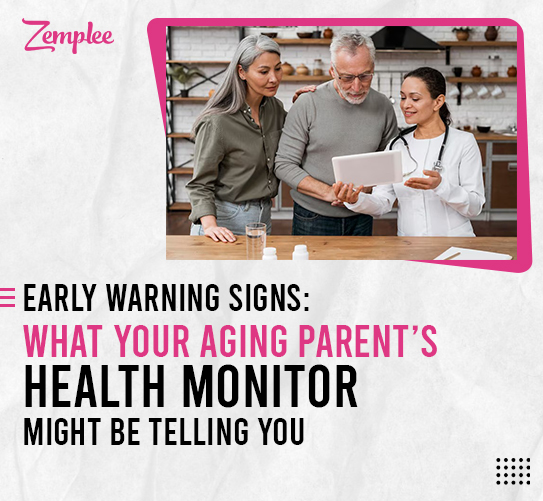When your aging parent lives alone or even semi-independently, the quiet in their home can often feel deafening. For many families, it’s not just about wanting to know that mom or dad took their medication on time—it’s about needing assurance that subtle health shifts aren’t going unnoticed. This is where senior health monitoring steps in—not just as a tool, but as a layer of everyday security, peace of mind, and proactive care.
At Zemplee, we understand that the journey of aging isn’t just about growing old. It’s about growing smarter, safer, and more connected—without giving up independence. This guide will help families decode the data from a health monitor for elderly loved ones, understand what matters, and know when it’s time to take action.

Understanding the Purpose Behind Monitoring
Let’s start here: not every abnormal reading is an emergency. But every alert is a cue worth understanding. Whether you’re using elderly health tracking devices that monitor vitals like heart rate, oxygen levels, and sleep quality—or advanced systems like Zemplee that also track behavior patterns—being able to interpret the signs can change outcomes dramatically.
Senior health monitoring isn’t about reacting to crises. It’s about recognizing patterns that hint at underlying issues before they escalate. The earlier you intervene, the better the chances of preventing hospitalizations, complications, or worse.
Common Health Metrics and What They Really Mean
Let’s break down the most common data points and what warning signs they might reveal:
1. Heart Rate Changes
A steady resting heart rate is a good sign. If your parent’s heart rate frequently spikes or dips without a clear reason, it may suggest:
- Dehydration
- Atrial fibrillation
- Medication side effects
- An early sign of heart-related problems
If the monitor reports unusually high or low readings (especially under 50 or over 100 BPM without activity), consider consulting their physician.
2. Oxygen Saturation (SpO2) Drops
An SpO2 below 92% is a red flag, particularly if it’s a recurring trend. It may point to:
- Early respiratory infections
- COPD or chronic lung issues
- Sleep apnea
If your parent isn’t displaying obvious symptoms but the data is consistent, schedule a medical evaluation. Silent symptoms are often the most dangerous.
3. Irregular Sleep Patterns
Tracking sleep might seem secondary, but erratic patterns can be a window into deeper issues:
- Restless nights may suggest chronic pain or anxiety
- Excessive sleeping can point to depression or metabolic disorders
- A sudden increase in nighttime movement may hint at early cognitive decline
Zemplee’s smart AI integrates this data with other behavioral signals to help caregivers assess the full picture.
4. Sudden Decrease in Activity
A gradual slowdown is natural with aging. But a sudden change is not. If a health monitor shows:
- Drastic drop in steps or physical movement
- Less time out of bed
- Missed mealtimes or skipped routines
It could mean your loved one is experiencing fatigue, weakness, or even a fall they didn’t report.
Behavioral Cues from Non-Vital Tracking Devices
Modern elderly health tracking devices like those from Zemplee go beyond vital signs. Our system uses discreet sensors and AI to monitor changes in behavior that often go undetected.
Here’s what to pay attention to:
1. Bathroom Habits
Increased frequency could signal infections or kidney issues. Decreased visits may mean dehydration or mobility trouble.
2. Kitchen Activity
If your parent’s usage of kitchen appliances drastically reduces, it might indicate appetite loss, depression, or even forgetfulness in preparing meals.
3. Wandering or Nighttime Roaming
Especially relevant for seniors with early signs of dementia, these behaviors need swift attention.
Knowing When to Seek Medical Help
So, when should you act? Here’s a helpful rule of thumb:
- One-off alerts? Observe closely.
- Recurring patterns over days? Call your parent’s physician.
- Sudden drops or multiple simultaneous irregularities? Seek immediate medical evaluation.
Zemplee’s platform includes alerts that are not just automatic but intelligent—based on context, trends, and machine learning. This reduces false alarms and ensures your attention is only called when something truly needs it.
The Emotional Side of Monitoring
Let’s be real—no one likes to feel watched. That includes your aging parents.
Zemplee is designed to preserve their dignity. Our sensors are contactless and passive, ensuring your loved ones are never burdened by wires, cameras, or wearable gadgets they forget to charge.
That’s the beauty of next-gen senior health monitoring. It’s subtle, but powerful.
Instead of treating health monitoring as surveillance, reframe it as a silent partner in your parent’s independence. One that allows them to age at home, safely and confidently.
The Hidden Cost of Missing Early Signs
Here’s the part families often realize too late: ignoring minor health changes can come at a very steep cost.
A missed urinary tract infection can lead to hospitalization. A small fall left undetected can evolve into hip fractures. A few days of disrupted sleep can snowball into cognitive fatigue or confusion.
With the right health monitor for elderly individuals, these can be caught early—giving families the opportunity to act quickly and avoid unnecessary suffering, both physical and emotional.
Why Zemplee is the Smarter Choice
Many elderly health tracking devices on the market focus on isolated metrics. At Zemplee, we offer something far more holistic.
Here’s what makes us different:
- AI-Powered Pattern Recognition: We don’t just show you data—we help you interpret it.
- Non-Intrusive Sensors: No cameras. No wearables. Just smart, invisible tech.
- Real-Time Alerts: Personalized notifications that don’t cry wolf.
- Data You Can Trust: HIPAA-compliant and secure.
- Loved Ones Stay in Control: Seniors have full autonomy without sacrificing their safety.
Whether you’re a caregiver, a long-distance child, or a healthcare professional, Zemplee is designed to ease your burden while enhancing care quality.
Final Thoughts: Monitoring Means More Than Numbers
Senior health monitoring isn’t about obsessing over numbers. It’s about building a deeper awareness. It’s about replacing fear with knowledge. And most importantly, it’s about giving your aging parent the chance to live longer, healthier, and more independently—without sacrificing their safety or your peace of mind.
Zemplee is here to bridge that gap. We believe in proactive care, in preserving dignity, and in helping families be there—whether near or far.
Because in the end, health isn’t just a data point. It’s your parent’s well-being. And nothing is more important than that.
Looking to take the next step?
Let Zemplee show you how modern senior monitoring can make caregiving smarter, safer, and more compassionate. Explore our solutions here.


